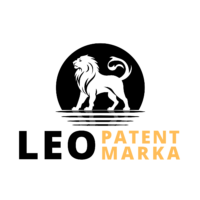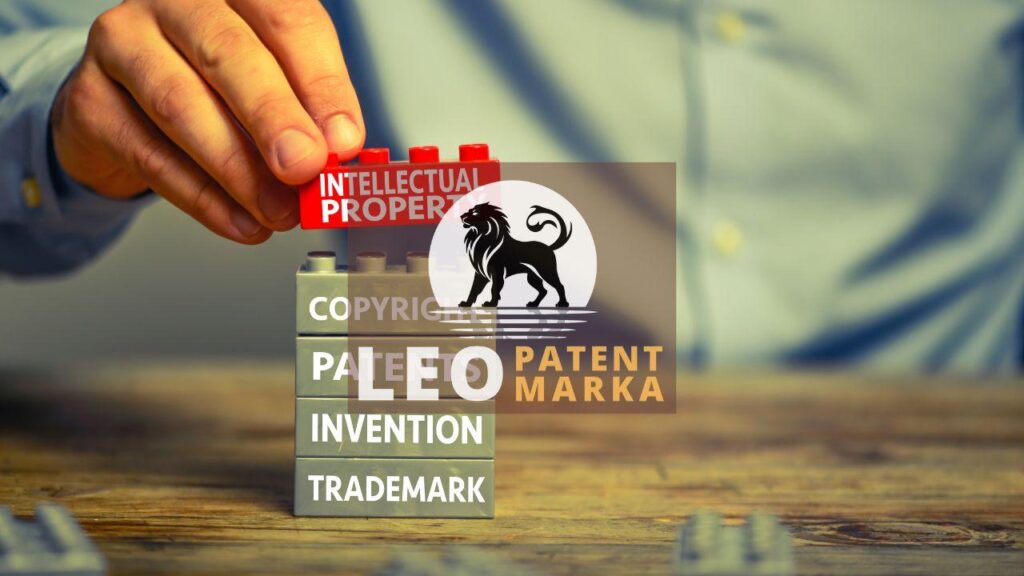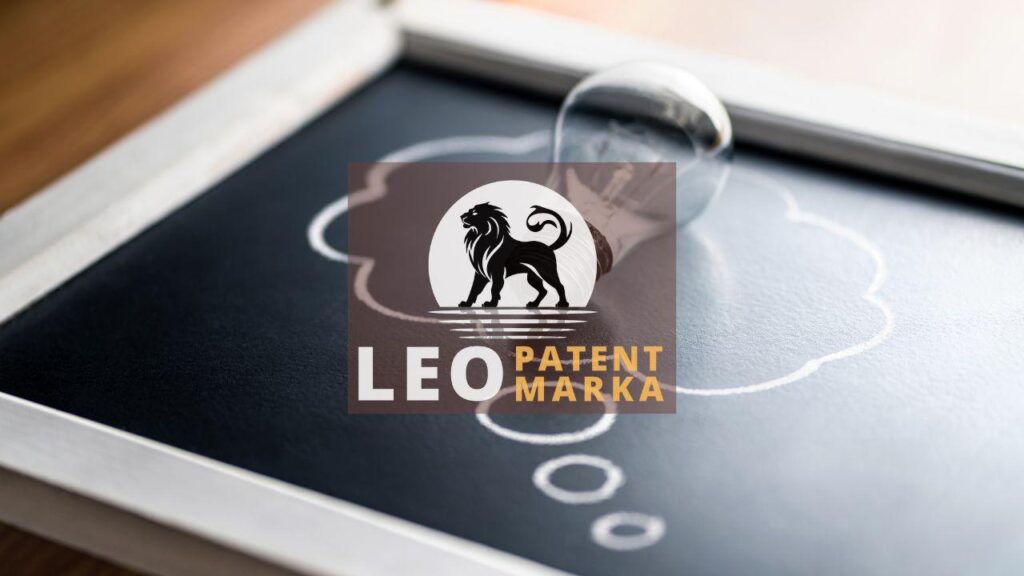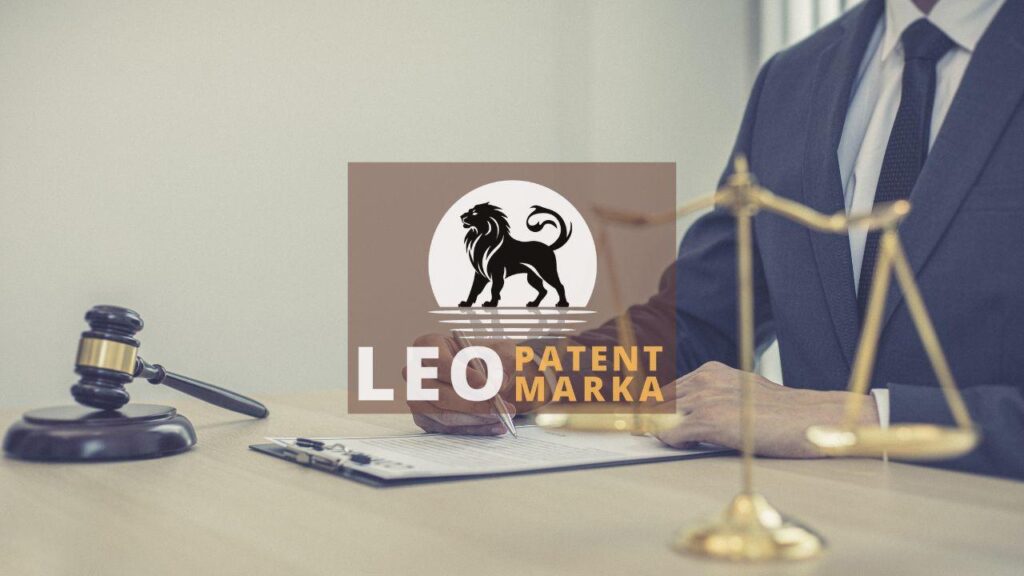Renewing industrial design protection in Turkey ensures your creations remain secure and valued in the competitive market. Understanding Turkey design laws and their impact on your rights is crucial for maintaining your edge. In Turkey, renewing design rights helps protect your intellectual property, safeguarding your designs from unauthorized use. The process to renew industrial design Turkey might seem daunting, but it’s essential to keep your business thriving. Just imagine your design like a rare piece of art; without proper protection, it could lose its worth overnight. By staying informed about industrial design protection, you can prevent such risk. Intellectual property Turkey regulations require timely action to avoid losing design rights. So, how do you tackle this renewal process efficiently? Embrace it as an opportunity to remain informed and proactive, ensuring your innovations don’t just survive, but flourish. Let’s navigate the path of renewing your design rights together with confidence.
Understanding the Legal Framework for Industrial Design Renewal in Turkey
Navigating the intricate web of Turkey design laws becomes imperative when it comes to renewing design rights. Turkey’s vast legal landscape can seem overwhelming, but grasping these laws is vital for preserving your intellectual property. Industrial design protection serves as a fortification, shielding your creations from infringers. Consider the renewal process as a choreographed dance; each step must be in sync with regulations to ensure smooth proceedings. Renewal doesn’t merely maintain protection; it reinforces your rights, amplifying them for the long run. Without it, designs risk becoming vulnerable to replication or unauthorized use. Undertaking this journey equips you with knowledge and confidence, ensuring your creative assets remain shielded. In the bustling arena of business, understanding the legal framework for renewing industrial design Turkey positions you a stride ahead, not just compliant, but secure, ready to defend your art with robust legal armor.
To understand the legal framework for industrial design renewal in Turkey, start by familiarizing yourself with the key components. The Turkish industrial property code mandates that renewals occur every five years, a necessary measure to uphold your design’s protection in the competitive market. Unlike simply paying a fee, you need to submit your renewal application on time and fulfill specific procedural requirements. Think of it as renewing your passport; essential for travel, this process keeps your intellectual property Turkey journey uninterrupted. Failing to renew within the stipulated period results in losing your rights, akin to a ship adrift without an anchor. The renewal process acts as a reaffirmation of your stake in the industry. By grasping Turkey design laws and the nuances of renewing design rights, you position yourself to safeguard your creations effectively, ensuring longevity and strengthening your industrial design protection against challenges.
Another crucial aspect of renewing your industrial design in Turkey is timing. Anticipate the renewal date and be proactive to avoid any lapse in protection. Engage with the Turkish Patent and Trademark Office well ahead, ensuring all documents and fees align with legal requirements. It’s akin to setting a precise clock—if every gear isn’t in place, the clock won’t tick. Important deadlines must never be overlooked, as delays may demand additional fees or even jeopardize your rights entirely. Familiarity with Turkey design laws offers a strategic advantage, allowing you to maneuver through the renewal process smoothly. Counsel from intellectual property Turkey experts can further simplify complexities, guiding you confidently to a successful renewal. In securing your design’s future, proactive renewal efforts build a resilient foundation, fortifying your designs against potential infringements and maintaining your stronghold in the ever-competitive marketplace.
Key Steps for Successfully Renewing Your Industrial Design Rights
To renew industrial design rights in Turkey, begin by understanding the essential timeline. Typically, design rights last for five years, with the option to renew up to twenty-five years in total. Prompt action is crucial to adhere to Turkey design laws and avoid lapses in protection. Start the renewal process early to ensure seamless coverage, thus guarding your intellectual property against potential infringement. Make a checklist to track necessary documents and fees, an approach that saves you from last-minute hassles. Engaging with Turkey’s legal experts can offer valuable insights, making the complex renewal journey more straightforward. Take note of the renewal dates and fees associated with each five-year term, as overlooking these can put your designs at risk. By staying organized and informed, you uphold your industrial design protection, safeguarding your creations in the constantly evolving market.
To successfully renew industrial design rights in Turkey, clarity and preparation are your allies. First, gather all relevant information about your industrial design protection and double-check compliance with Turkey design laws. Create a timeline marking crucial deadlines, ensuring each step aligns with legal requirements. This proactive strategy helps avoid unnecessary delays. Keep an eye on renewing design rights by submitting applications within the specified period to retain your intellectual property Turkey entitlements. Additionally, familiarize yourself with the documentation required, such as ownership proofs and design representations. Consider partnering with a local expert well-versed in renew industrial design Turkey processes to navigate the legal landscape efficiently. Their guidance can be the compass you need, steering you clear of potential pitfalls. With these steps in place, you’ll solidify your designs’ status in the market and reinforce your creative legacy, making certain that your creations remain both protected and prized.
Maintaining your industrial design protection requires strategic planning. Start by compiling a detailed checklist featuring all stages of renewing design rights. Be meticulous in recording the specific deadlines mandated by Turkey design laws; missing these can spell trouble. Familiarize yourself with the necessary fees and forms involved in the process of renew industrial design Turkey. It’s crucial to stay in control, as overlooking minor details might impede smooth progress. Keep a robust communication line open with authorities overseeing intellectual property Turkey matters, ensuring all queries are swiftly addressed. Also, consider leveraging digital tools to time and track your renewal procedures for improved efficiency. Engage with Turkey’s legal experts, who can guide you accurately through this labyrinth of legalities. By taking these methodical steps, you not only secure your designs but also bolster your position in the creative landscape, ensuring your innovations continue to shine brightly amidst the competition.
Common Challenges and Solutions in the Renewal Process
Renewing industrial design Turkey can be fraught with obstacles, but awareness of these hurdles turns challenges into stepping stones. One of the primary issues involves deciphering Turkey design laws, which can sometimes seem as intricate as a labyrinth. Not understanding the nuances of renewing design rights could jeopardize your intellectual property Turkey safeguards. Imagine navigating through a dense forest without a map; the risk of getting lost is high. Similarly, without proper guidance, you might miss critical deadlines or misinterpret regulations. A practical solution involves partnering with a legal expert well-versed in industrial design protection. They can simplify the process, ensuring that your renewal efforts align perfectly with the local laws. By sidestepping common pitfalls, you position your business not just to survive but to thrive in a competitive landscape. So, tackle these challenges head-on and leverage them as opportunities for growth.
Navigating the renewal process involves understanding common roadblocks that might hinder progress. An often-encountered challenge is managing the timing effectively. Missing renewal deadlines can result in loss of industrial design protection, leaving your designs vulnerable. Picture it like missing the last bus home; one missed opportunity can set you back significantly. Engaging with a reliable calendar system or setting reminders can ensure key dates for renewing design rights are never overlooked. Another hurdle is the financial aspect, as renewal fees might fluctuate under changing Turkey design laws. To tackle this, budgeting for these expenses well in advance can avert financial strain. Additionally, dealing with bureaucratic intricacies of intellectual property Turkey regulations can be overwhelming. Collaborating with seasoned legal professionals offers clarity and precision in managing these complexities. By addressing such challenges proactively, you steer your creations towards perpetual protection and innovation.
Securing ongoing industrial design protection through renewal in Turkey isn’t just about following Turkey design laws—it’s about understanding the common hiccups and navigating them skillfully. Language barriers pose a challenge, as official documentation and communication are often in Turkish. Think of it like trying to read a novel without knowing the language; the story loses its meaning. Engaging a bilingual professional or a translator can bridge this gap, ensuring clarity and precision. Another frequent issue in renewing design rights is the technological aspect, including digital submissions that might fail due to technical errors. It’s like relying on GPS only to find it offline when you need direction. Mitigate this by confirming all submissions and keeping backups of essential documents. Addressing intellectual property Turkey concerns demands tech readiness and linguistic proficiency. With the right tactics, smooth sailing through the renewal process becomes the rule, not the exception.
Disclaimer: This article is for general information purposes only and it is recommended that you consult experts and companies in that field to evaluate your specific situation. We are not responsible for any damage that may arise from the use of the information in this article.







